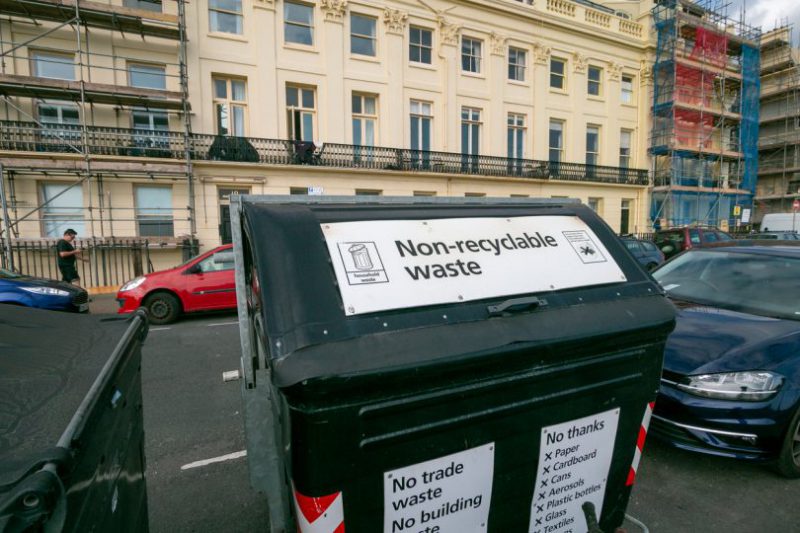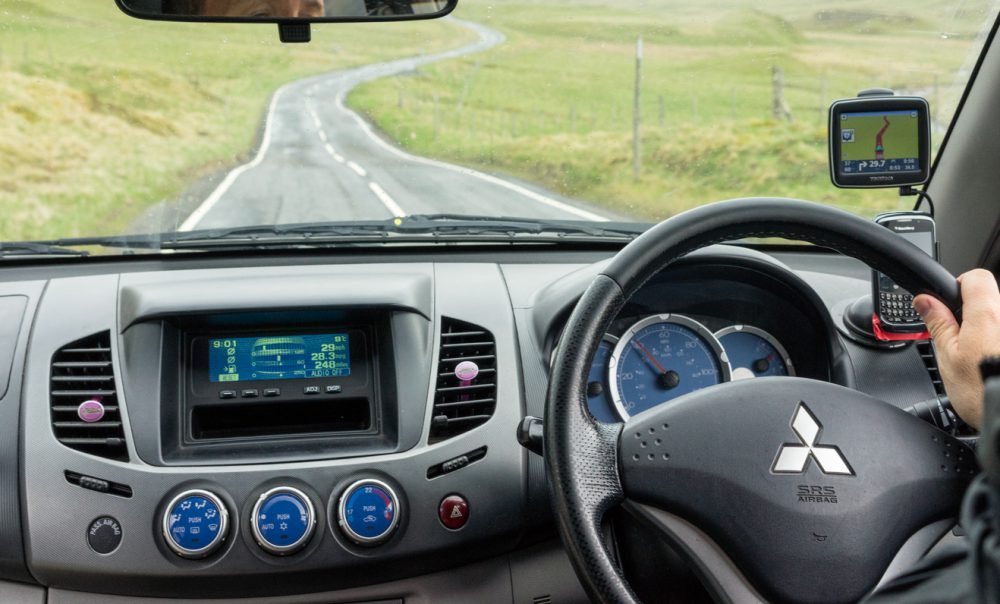
Imagine waking up and finding someone else’s car dumped on your drive. It might sound strange but it happens. And astonishingly there’s no simple fix because one of Britain’s strange laws means it’s not immediately illegal.
You read that right. The 1991 Road Traffic Act handed over parking enforcement to local authorities. They can fine drivers for parking on public roads. But a drive is private land and the council has no jurisdiction over that.
The land owner isn’t allowed to remove the rogue car either as that could make them responsible for damaging someone else’s property.
Parking on someone else’s drive does however count as trespassing, which is a civil offence. The property owners then have to pursue a civil case against the car’s owner. That’s expensive and can take months to resolve. But at least winning the case enables the land owner to legally remove the car.
Here are five other laws that car owners might not be aware of.
Parking facing traffic at night
This is a confusing one because Rule 248 of the Highway Code states: “You must not park on a road at night facing the direction of the traffic flow unless in a recognised parking space.”
Of course, it makes perfect sense. It’s safer for all road users if the parked vehicles they’re approaching have their rear reflectors visible. Ignore the rule and drivers could be slapped with a £100 fixed penalty or in extreme cases, the fine might rise to £1,000.
But it’s worth pointing out that ‘recognised parking spaces’ are marked bays. So as well as only applying after dark, this rule only operates if you’re parked on a yellow line outside controlled hours or on a road with no marked parking bays.
Reserving a space with bins or cones

It’s a familiar sight in streets up and down the country: wheely bins put in parking spaces to save them for workmen, or simply homeowners reserving the slot for when they get home. But it’s an offence.
Putting cones or bins out on a public road is considered contrary to the Highways Act. Local authorities are within their rights to hit you with a £100 penalty charge notice.
Leaving your engine running
Having the engine idling unnecessarily is contrary to Rule 123 of the Highway Code. This states: “You MUST NOT leave a parked vehicle unattended with the engine running or leave a vehicle engine running unnecessarily while that vehicle is stationary on a public road.” It is an offence under Section 42 of the 1988 Road Traffic Act.
The aim is to reduce pollution and drivers could be hit with a £20 fixed penalty notice for flouting it.
Having your sat nav mounted dangerously

Touching a hand-held mobile phone can land you in hot water with the law. Of course you should use a mount but even putting that in the wrong place on the windscreen could mean trouble.
The Highway Code states: “Windscreens and windows MUST be kept clean and free from obstructions to vision.” That means a phone (or a portable sat nav) should not sit in the area directly above the steering column where it could obscure your view.
If you can’t mount the unit on the dash, position it in the far right-hand bottom corner of the screen. Alternatively put it in the centre of the screen at the bottom. This means it won’t get in the way of mirrors, you won’t have wires trailing across your field of vision and if it falls off, it won’t have far to drop.
And one from abroad…
If you take the car to France this summer and you don’t have a high visibility vest for each occupant of the car, you could be in line for a 135 Euro (£113) fine. It’s been the law for everyone in the vehicle to have a hi-viz vest since 2008.
You shouldn’t just stash them in the boot beneath piles of luggage either. If the police stop you and a vest isn’t to hand for every passenger you can still be fined.